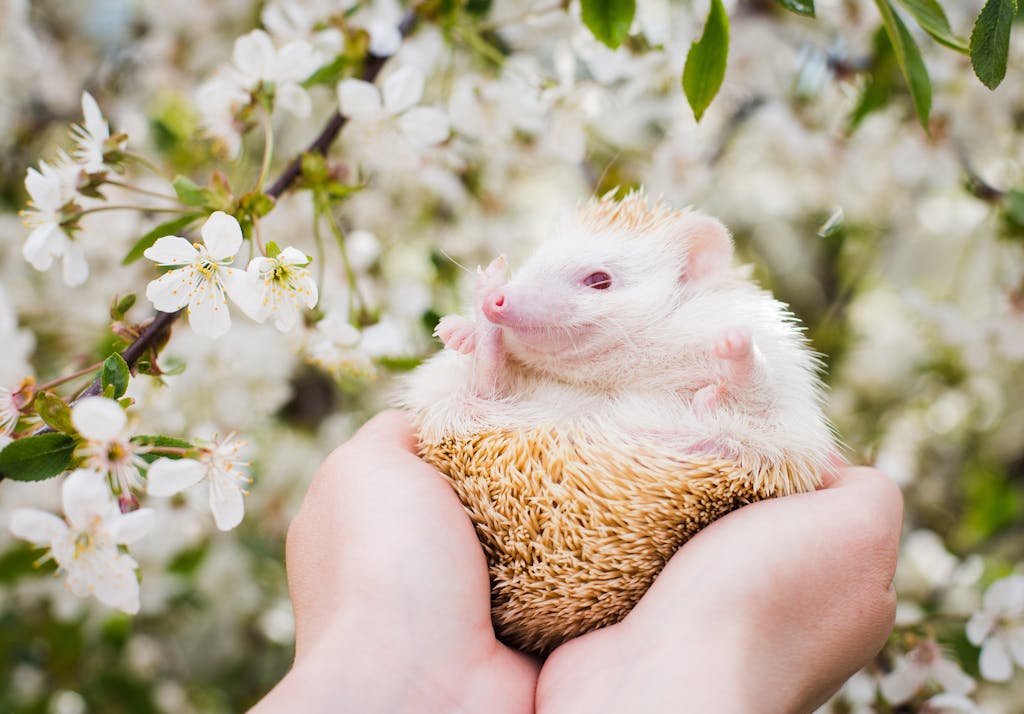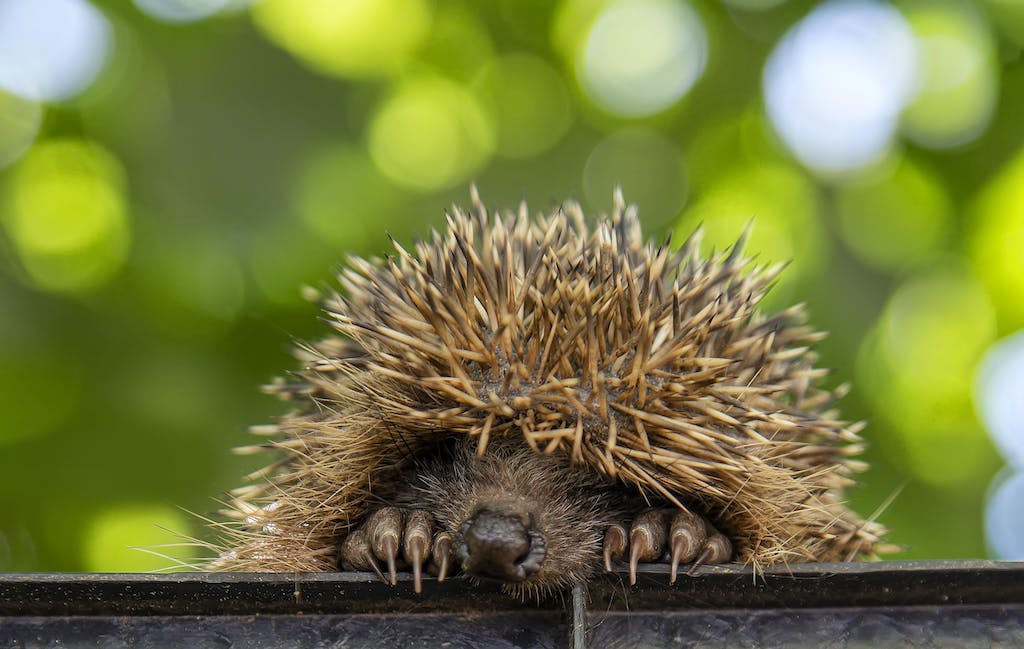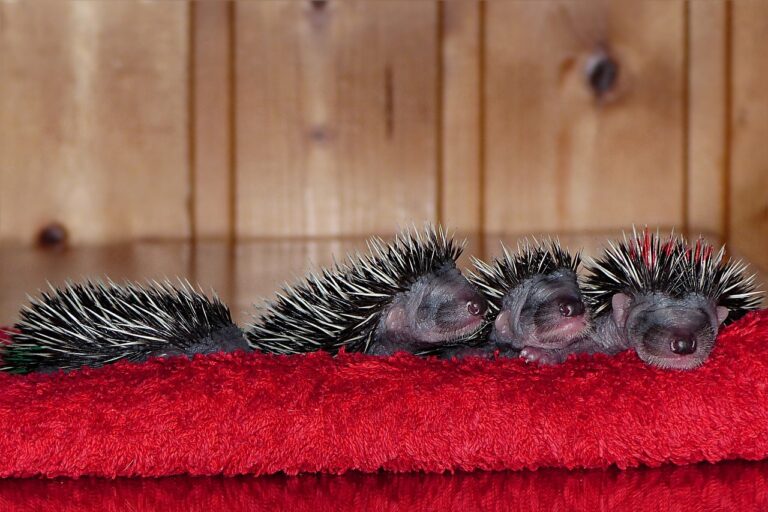Can You Keep a European (Wild) Hedgehog as a Pet?
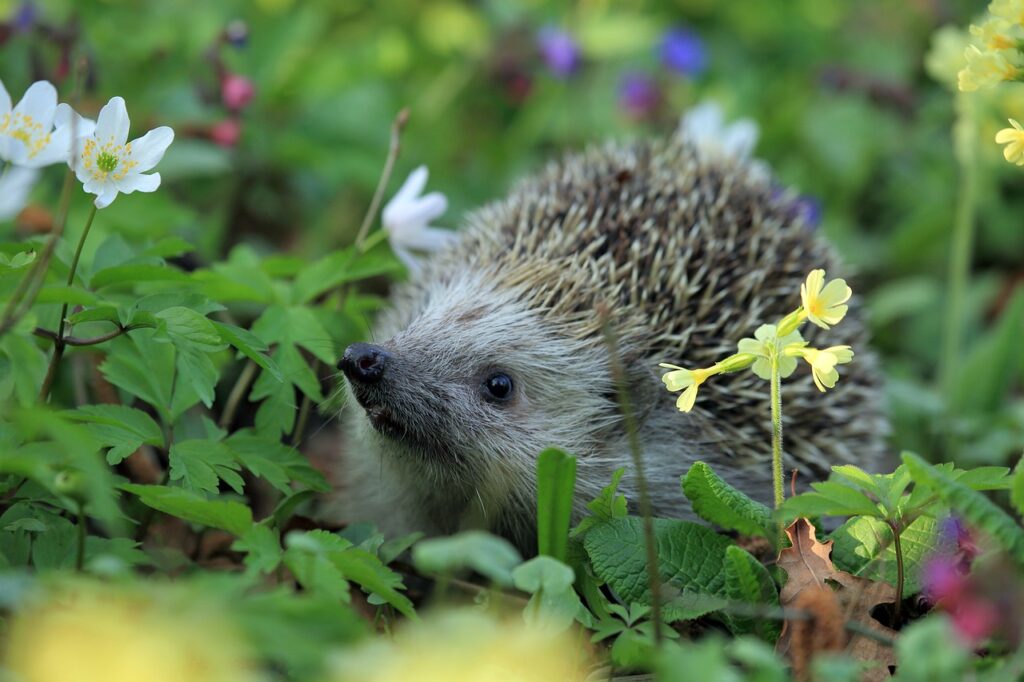
European hedgehogs are a favorite visitor in many people’s gardens. While some might be tempted to keep these wild animals as pets, it’s crucial to understand the implications and responsibilities involved.
In this article, we will explore whether you can (or should) keep a European (wild) hedgehog as a pet, covering legal aspects, ethical considerations, care requirements, and alternatives for hedgehog enthusiasts.
Understanding European Hedgehogs
Natural Habitat and Behavior
European hedgehogs, also known as Erinaceus europaeus, are native to various parts of Europe and thrive in diverse habitats, including woodlands, meadows, and gardens. They are nocturnal insectivores, primarily feeding on insects, worms, and other invertebrates. Their solitary nature and hibernation patterns are essential aspects of their behavior that potential pet owners need to consider.
Hedgehogs are most active during the night, and they cover significant distances in search of food. Their keen sense of smell guides them to their prey, and their sharp spines offer protection from predators. During the winter months, hedgehogs enter hibernation, a state of inactivity and lowered metabolism, which helps them survive the cold when food is scarce.
Role in the Ecosystem
Hedgehogs play a vital role in the ecosystem by controlling insect populations and contributing to soil health through their foraging activities. Their presence indicates a healthy, balanced environment, making their conservation critical. By consuming a variety of invertebrates, hedgehogs help maintain the ecological balance, preventing pest outbreaks that could harm crops and other vegetation.
Moreover, hedgehogs contribute to the aeration and mixing of soil, which enhances its fertility and promotes the growth of plants. Their droppings, rich in nutrients, further enrich the soil, benefiting the flora and indirectly supporting other fauna. The decline of hedgehog populations can thus have far-reaching consequences on the environment.
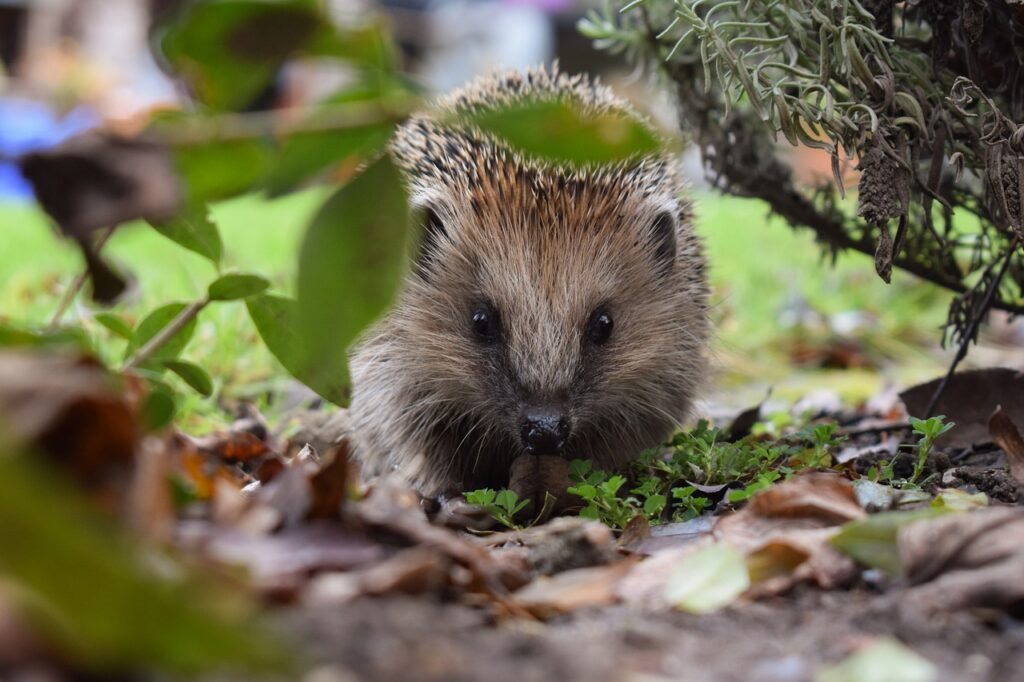
Legal Considerations
Laws and Regulations
In many countries, including the UK and several European nations, keeping a wild hedgehog as a pet is illegal. These laws are in place to protect the species and ensure their natural behaviors and habitats are preserved. It’s essential to check local regulations before considering keeping a hedgehog as a pet.
In the UK, for example, the Wildlife and Countryside Act 1981 protects wild hedgehogs, making it illegal to capture, harm, or keep them without a license. Similar regulations exist across Europe, where hedgehogs are often protected under national wildlife protection laws and international agreements such as the Bern Convention on the Conservation of European Wildlife and Natural Habitats.
Consequences of Illegal Ownership
Owning a wild hedgehog without proper authorization can result in hefty fines and legal repercussions. More importantly, it can harm the hedgehog and disrupt its natural life cycle. Capturing and keeping a wild hedgehog can stress the animal, leading to health issues and a significantly reduced lifespan.
Additionally, wild hedgehogs may carry parasites and diseases that can spread to other pets or humans. Without the necessary knowledge and facilities to care for them, keeping a wild hedgehog can endanger both the animal and its new environment.
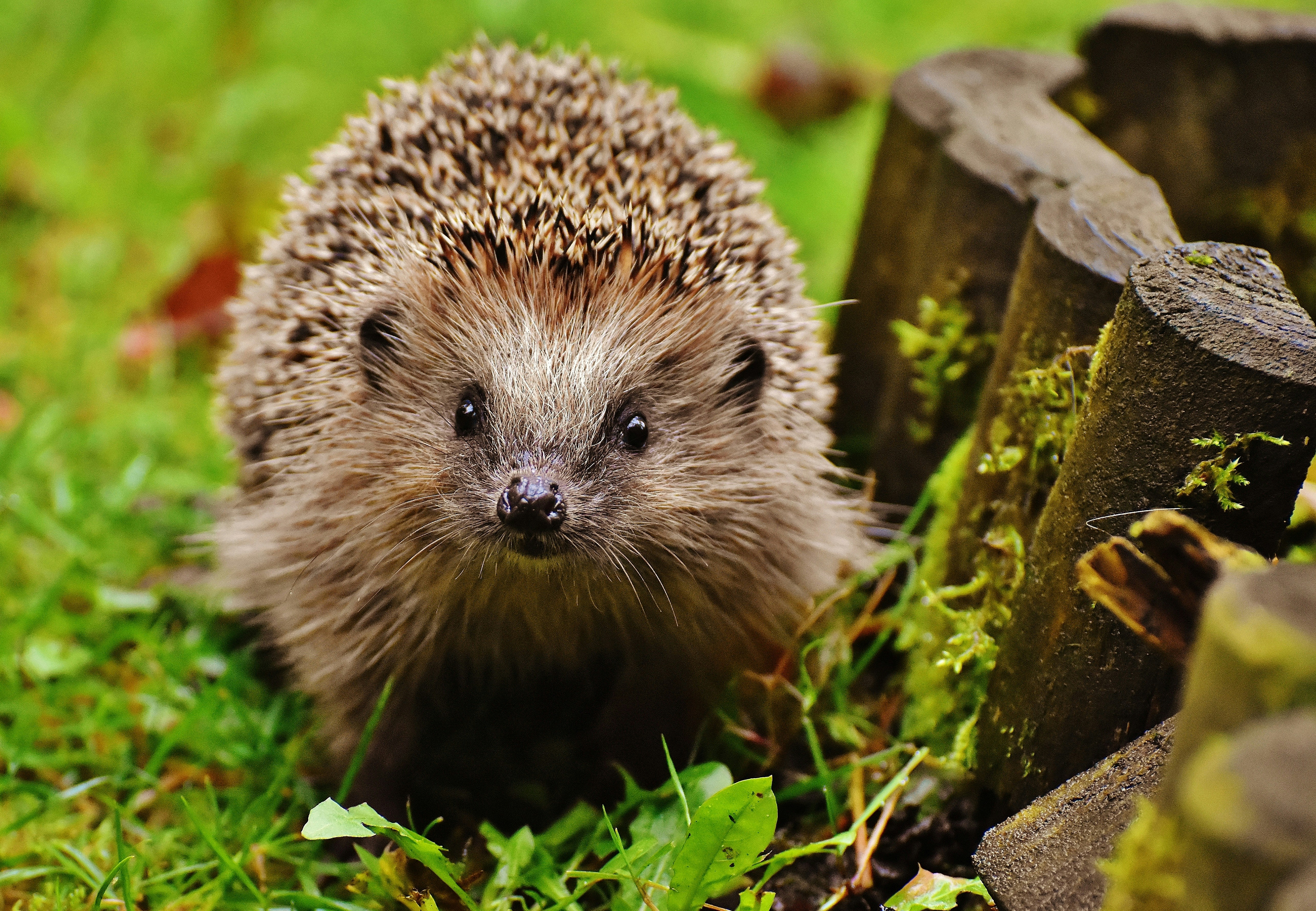
Ethical Considerations
Impact on the Hedgehog
Taking a hedgehog from the wild can significantly stress the animal, affecting its health and well-being. Hedgehogs are not domesticated animals and often struggle to adapt to captivity, leading to a shortened lifespan and behavioral issues. In the wild, hedgehogs have access to a variety of foods and large territories to roam, which cannot be easily replicated in captivity.
Captive hedgehogs may experience stress due to confinement, changes in diet, and lack of natural stimuli. Stress can weaken their immune systems, making them more susceptible to illnesses. Behavioral changes, such as increased aggression or lethargy, are also common in hedgehogs that are not in their natural habitat.
Conservation Concerns
Wild hedgehog populations are declining due to habitat loss, road accidents, and other human activities. Removing individuals from the wild further exacerbates these challenges, hindering conservation efforts. Conservationists emphasize the importance of leaving wild animals in their natural habitats to ensure the survival and health of the species.
Efforts to conserve hedgehog populations include habitat restoration, creating wildlife corridors to reduce road fatalities, and raising public awareness about the importance of hedgehogs. By supporting these initiatives, individuals can contribute to the conservation of hedgehogs without causing harm by attempting to keep them as pets.
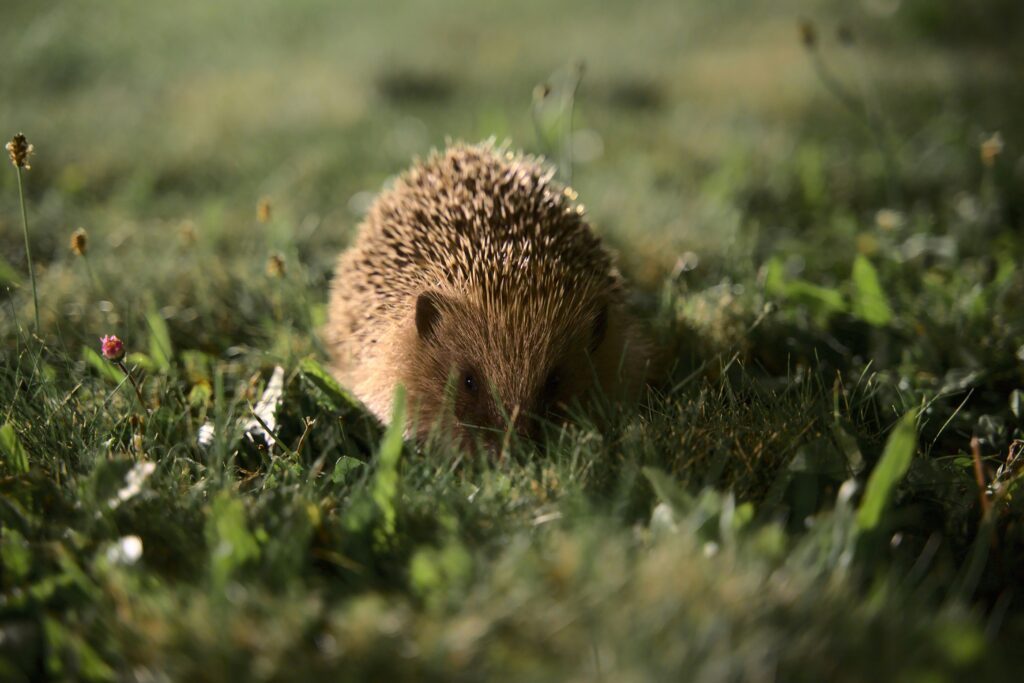
Challenges of Keeping a European Hedgehog as a Pet
Housing and Habitat Requirements
Creating a suitable environment for a wild hedgehog is challenging. They require spacious, enriched habitats that mimic their natural surroundings, including hiding spots, foraging opportunities, and appropriate substrates for burrowing. A small cage or enclosure is insufficient for a hedgehog’s needs and can lead to physical and mental health issues.
A proper habitat for a hedgehog should include a large, secure outdoor enclosure with plenty of vegetation and natural elements like logs, rocks, and leaves. The enclosure should be predator-proof and provide safe hiding places where the hedgehog can retreat and feel secure. Providing a varied environment that allows for natural behaviors like foraging and digging is crucial for the hedgehog’s well-being.
Diet and Nutrition
Wild hedgehogs have specific dietary needs that can be difficult to meet in captivity. A balanced diet includes a variety of insects, worms, and occasional fruits or vegetables. Commercial hedgehog food often lacks the nutritional diversity found in their natural diet. Feeding a hedgehog an inappropriate diet can lead to nutritional deficiencies and health problems.
To mimic their natural diet, captive hedgehogs should be offered live insects, such as mealworms and crickets, as well as a mix of high-quality cat food, fruits, and vegetables. Supplements may be necessary to ensure they receive all the essential nutrients. It’s important to consult with a veterinarian experienced in hedgehog care to develop a suitable feeding regimen.
Health and Veterinary Care
Finding a veterinarian experienced in hedgehog care can be challenging. Wild hedgehogs may carry parasites or diseases that require specialized treatment, and regular health check-ups are crucial for their well-being. Common health issues in hedgehogs include mite infestations, respiratory infections, and dental problems.
Regular veterinary visits are essential to monitor the hedgehog’s health and address any issues promptly. Preventive care, such as parasite control and vaccinations, should be part of the hedgehog’s healthcare routine. Owners should also be knowledgeable about common signs of illness in hedgehogs, such as changes in appetite, behavior, or weight, and seek veterinary care if these occur.
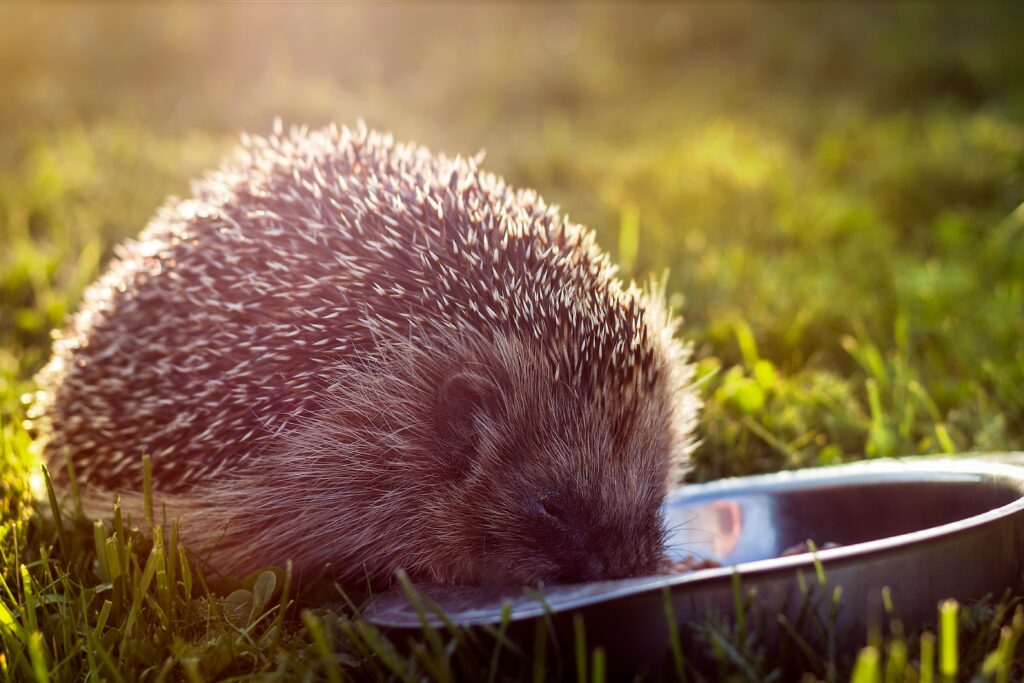
Alternatives to Keeping a Wild Hedgehog
Adopting a Domesticated Hedgehog
For those interested in hedgehogs as pets, adopting a domesticated species, such as the African pygmy hedgehog, is a more ethical and manageable option. These hedgehogs are bred for captivity and generally adapt better to domestic life. African pygmy hedgehogs are smaller, more social, and have different care requirements than their wild counterparts.
Domesticated hedgehogs can be obtained from reputable breeders or rescue organizations. It’s important to research and choose a breeder who prioritizes the health and well-being of their animals. Potential owners should educate themselves about the care needs of African pygmy hedgehogs to provide a suitable environment and diet.
Supporting Hedgehog Conservation
Contributing to conservation efforts, such as supporting hedgehog rescue centers, participating in habitat restoration projects, or spreading awareness about hedgehog conservation, can be a rewarding way to engage with these charming animals without harming wild populations. Many organizations dedicated to hedgehog conservation rely on donations and volunteers to continue their work.
By supporting these efforts, individuals can help protect and preserve wild hedgehog populations. This can include financial contributions, volunteering time, or participating in community initiatives to create hedgehog-friendly environments. Education and advocacy are also important, as raising awareness about the challenges facing hedgehogs can lead to increased support for conservation measures.
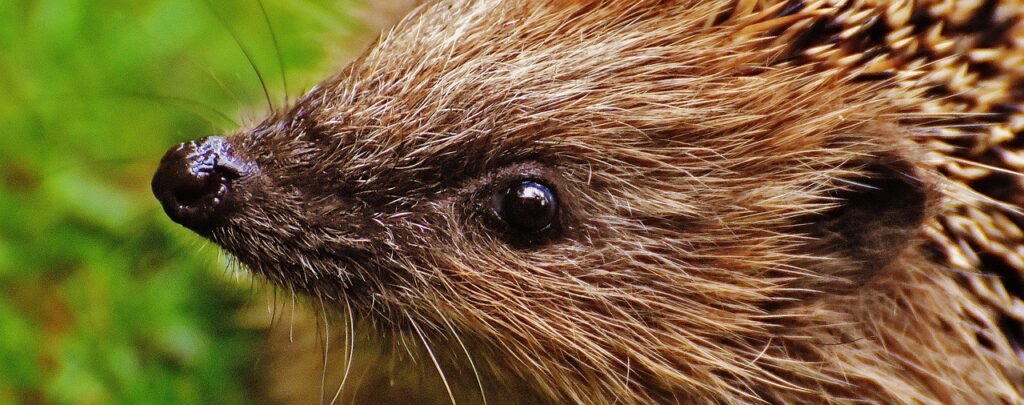
Tips for Hedgehog Enthusiasts
Creating a Hedgehog-Friendly Garden
Transforming your garden into a hedgehog haven can provide a safe space for wild hedgehogs. Planting native vegetation, providing nesting sites, and avoiding pesticides are simple steps to encourage hedgehogs to visit and thrive in your garden. Gardens that offer food, water, and shelter can become vital refuges for hedgehogs, especially in urban areas where natural habitats are limited.
To make your garden hedgehog-friendly, consider the following tips:
- Plant native species: Native plants attract the insects that hedgehogs feed on and provide natural cover and nesting materials.
- Create hiding spots: Piles of leaves, logs, and brush can offer safe hiding places and nesting sites for hedgehogs.
- Provide water: A shallow dish of fresh water can be a lifeline for hedgehogs, especially during dry periods.
- Avoid pesticides: Pesticides can harm hedgehogs and reduce the availability of their prey. Use natural pest control methods instead.
Observing Hedgehogs in the Wild
For a closer look at wild hedgehogs, consider installing motion-activated cameras in your garden or visiting natural reserves where hedgehogs are known to live. Observing these animals in their natural habitat can be a fulfilling experience. Hedgehogs are most active at night, so setting up a camera can provide insights into their behaviors and activities without disturbing them.
If you’re interested in observing hedgehogs in the wild, consider participating in citizen science projects that monitor hedgehog populations. These projects often involve volunteers collecting data on hedgehog sightings and behaviors, contributing valuable information to conservation efforts.
Volunteering at Hedgehog Rescue Centers
Many organizations dedicated to hedgehog conservation welcome volunteers. By assisting with rescue and rehabilitation efforts, you can contribute to the well-being of wild hedgehogs and gain valuable insights into their care and conservation. Rescue centers often need help with tasks such as feeding, cleaning enclosures, and monitoring the health of hedgehogs.
Volunteering can also provide opportunities to learn from experts in hedgehog care and conservation. This knowledge can be invaluable for those considering keeping a domesticated hedgehog as a pet or for those simply interested in supporting hedgehog conservation efforts.
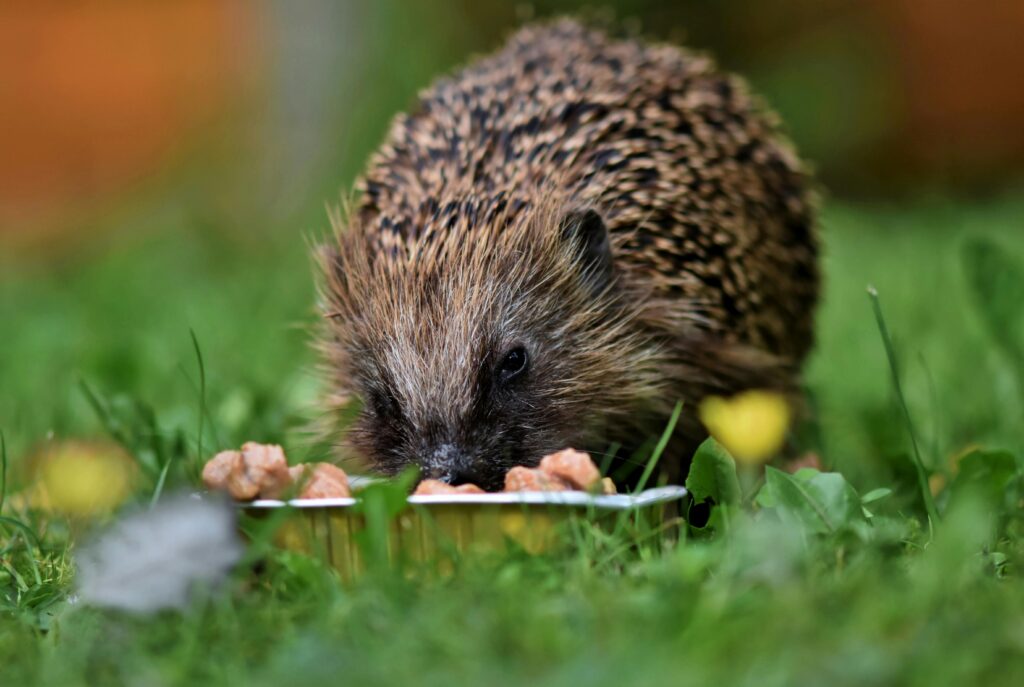
Frequently Asked Questions
Can you keep a European hedgehog as a pet?
In most countries, keeping a European hedgehog as a pet is illegal due to conservation and ethical concerns. It’s essential to check local laws before considering this.
What do European hedgehogs eat?
European hedgehogs primarily eat insects, worms, and other invertebrates. They may also consume small amounts of fruits and vegetables.
How long do European hedgehogs live?
In the wild, European hedgehogs typically live for 2-5 years, although they can live longer in captivity if properly cared for.
Are European hedgehogs endangered?
European hedgehogs are not currently classified as endangered, but their populations are declining due to habitat loss, road accidents, and other threats.
What should I do if I find an injured hedgehog?
If you find an injured hedgehog, contact a local wildlife rescue center or veterinarian experienced in treating hedgehogs. Avoid attempting to treat the animal yourself, as this can cause further harm.
Can I create a hedgehog-friendly environment in my garden?
Yes! You can create a hedgehog-friendly garden by planting native vegetation, providing nesting sites, and avoiding pesticides. This can help support local hedgehog populations.
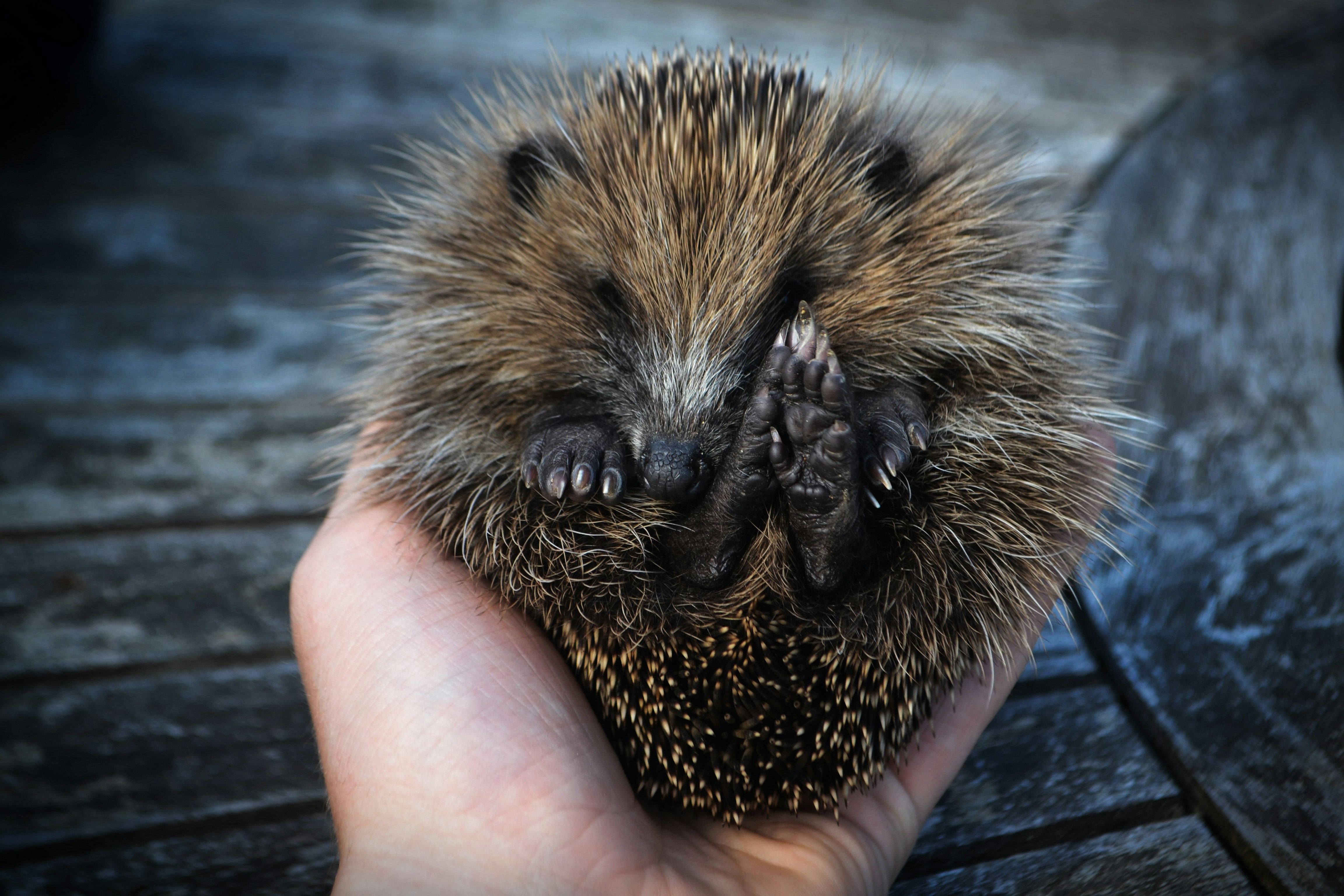
Conclusion
While the allure of keeping a European wild hedgehog as a pet is understandable, it’s fraught with legal, ethical, and practical challenges. These fascinating creatures are best appreciated in their natural habitat, where they play a crucial role in the ecosystem. For hedgehog enthusiasts, adopting a domesticated species, supporting conservation efforts, and creating hedgehog-friendly environments are rewarding alternatives that ensure the well-being of these unique animals.

